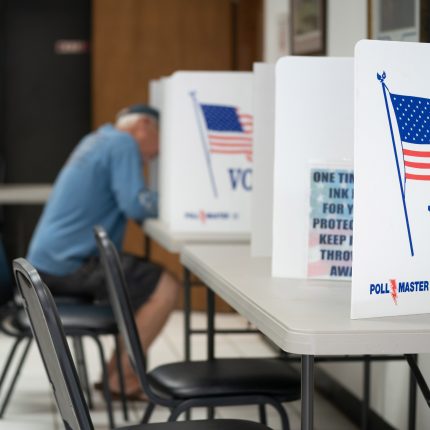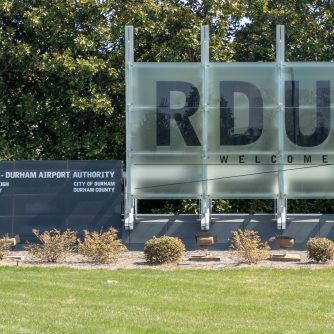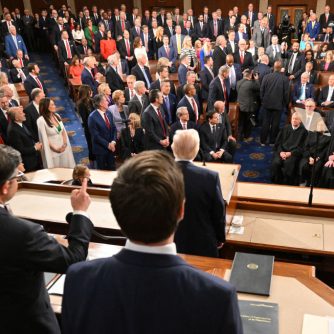In this episode of Carolina Newsmakers, Don Curtis interviews John Hood, an accomplished author, columnist, and political analyst, to discuss the upcoming 2024 elections. Hood provides a deep dive into voter trends, key races, and the broader implications of the election outcomes on North Carolina and the nation.
Early Voting: A Growing Trend with Strategic Impacts
Hood begins by highlighting the significant rise in early voting in North Carolina, with more than half of voters casting their ballots before Election Day. While campaigns encourage early voting to secure their base and streamline Election Day efforts, Hood notes that early voting has minimal impact on overall turnout, which is driven primarily by voter interest.
From a logistical standpoint, early voting reduces the strain on polling stations and allows campaigns to focus their resources on undecided or low-propensity voters. However, Hood cautions against overinterpreting early voting trends, emphasizing that early turnout is not always indicative of Election Day results.
North Carolina’s Role in the National Election
As a pivotal battleground state, North Carolina is drawing significant attention from both parties. Hood explains that while Republicans have shown stronger early voting numbers compared to previous cycles, this shift does not guarantee victory. Democrats are focusing on mobilizing African-American voters and other key demographics, particularly during the final stretch of the campaign.
The state’s unique voter dynamics, including a substantial unaffiliated voter base, add complexity to the race. Hood points out that unaffiliated voters often split their tickets, making them critical in tight contests. Swing voters, though fewer than in previous decades, remain a deciding factor in many races.
Down-Ballot Races: Competitive and Consequential
North Carolina’s down-ballot races are proving to be just as competitive as the marquee contests. Hood highlights several key Council of State races:
Attorney General: A heated contest between Republican Dan Bishop and Democrat Jeff Jackson, with polls showing a razor-thin margin.
Lieutenant Governor: Rachel Hunt, a Democrat and daughter of former Governor Jim Hunt, faces Republican Hal Weatherman in a closely watched race.
State Treasurer: Republican Brad Briner and Democrat Wesley Harris are vying for the seat, left open by the retiring Dale Folwell.
Hood notes that many of these races are too close to call, with high levels of undecided voters making last-minute decisions crucial.
The Judicial Landscape
The 2024 election also includes critical judicial races that could shape North Carolina’s legal framework for years to come. Hood discusses the North Carolina Supreme Court race between Republican Jefferson Griffin and incumbent Democrat Justice Allison Riggs. Riggs has stirred controversy by explicitly campaigning on abortion rights, an unusual move for a judicial candidate. The outcome of this race could further solidify Republican dominance in the state judiciary or provide Democrats with a foothold.
National Outlook: The Presidency and Congress
At the national level, Hood offers insights into the presidential race and the fight for control of Congress. He predicts a Republican majority in the Senate, citing strong GOP prospects in West Virginia, Montana, and other key states. The House of Representatives, currently held by a slim Republican majority, remains a toss-up, with battleground districts like North Carolina’s 1st drawing significant attention.
Hood also addresses the potential for a split between the popular vote and the Electoral College, a scenario that has played out in recent elections. He notes that shifts in voter demographics and geographic distribution could lead to unexpected outcomes.
Challenges Facing the Political Landscape
Hood expresses concern about the lack of serious discussion on pressing issues like the national debt and foreign policy. He criticizes both parties for focusing on tax cuts and new programs without addressing fiscal sustainability. Additionally, he highlights how the fragmented nature of modern news consumption has contributed to polarization, with voters receiving information tailored to their existing beliefs.
Looking Ahead
As Election Day approaches, Hood underscores the importance of staying engaged and informed. He advises voters to look beyond the top of the ticket and consider the impact of down-ballot races on their communities. Regardless of the outcomes, Hood remains optimistic about the resilience of American democracy, asserting that the republic will endure even amid political and social challenges.





